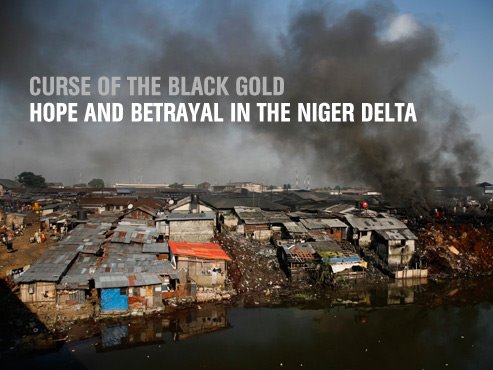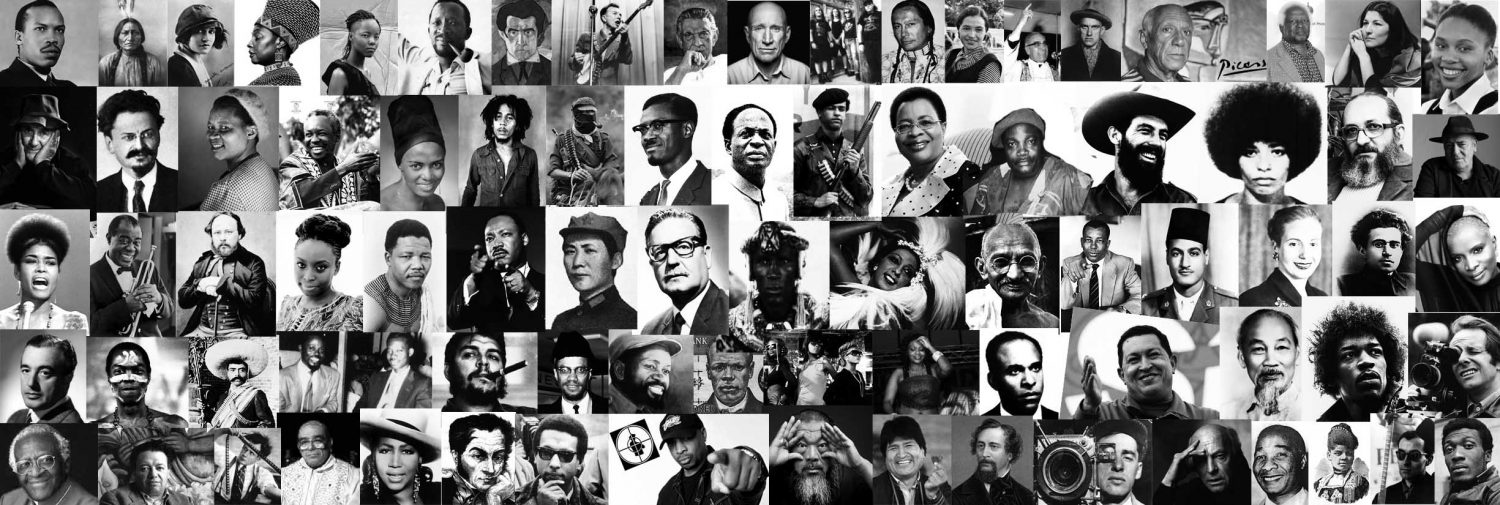The involvement of well-known fraudster Wavisanga Silungwe[1] in the activism against the oil exploration in Lake Malawi should not deter us from the real danger of this exploration.
Oil is the commodity that has caused the most resource curse of all. In fact, in all African countries with oil exploitation it has negatively impacted on the quality of life. Most famously in Nigeria, where the whole Niger Delta is polluted with oil, and the profits are diverted to the top politicians in Abuja. The Niger Delta has its freedom fighters, or terrorists (depending on whose definition you follow) of MEND, who are in continuous battle with government forces (who are indistinguishable from organized crime, according to the famous photojournalist Ed Kashi) making life in the Niger Delta a living hell. (Incidentally, the prominent activist Ken Saro-Wiwa was murdered by the Nigerian justice system for standing up for the rights of the people in the Niger Delta).
In Angola, Chad, South Sudan and other oil exporting countries the bigger picture is the same: untold riches for a small minority, and misery for the large section of the population. Oil and other mineral resources are a gold mine (excuse the pun) for rent seeking corruptionists. Only in countries with exceptionally good governance like Norway, has oil contributed to the quality of life for the population.
In Africa there is only one country where mineral resources have improved living conditions: Botswana, which is famous worldwide for its good governance. In all other African countries, mineral resources have caused misery.
On top of that, oil exploration under water is infamous for causing large scale pollution. Even in the USA, which has many times better implementation of its safety and environmental regulations than Malawi, the Deep Water Horizon has caused immeasurable damage through a colossal oil spill. The same goes for the Exxon Valdez. Both disasters caused massive death among the fish, and gigantic losses of livelihood in fishing communities.
Oil is depleted in a few years or decades at the most, while fish, being a renewable resource, will be there forever. Fish breed, oil does not. if we explore the oil we have resources only for a short time, while we kill the fish that can be there forever if we refrain from pumping oil.
In Malawi, with much laxer enforcement of regulations, we know the pollution will happen, like it does with horrible regularity in Nigeria.
In Malawi we have a precedent for large scale exploration of mineral resources: the Karonga uranium mine of Palladin (the Australian company that is banned from uranium mining in its home country because of its environmental pollution record). What has the population benefitted from this mine? The promised job opportunities have never materialized, the business opportunities just the same, and some unexplained earth quakes have been blamed on the mine even though government has failed to investigate properly. A tax holiday for Palladin has made sure that the Malawian tax payer has not benefited from our own uranium resources. So in short: nothing.
Until Malawi’s governance has improved to standards comparable with the Norwegians, we cannot expect to benefit from oil exploration in Lake Malawi, but we can expect large scale misery and pollution.



 A magistrate is supposed to be neutral in every case he/she presides over, so that is no issue here. It is weird that a magistrate would cite this reason. Does this mean he has never been neutral in any case he presided over? Very scary, especially if you are on the receiving end of his verdict.
A magistrate is supposed to be neutral in every case he/she presides over, so that is no issue here. It is weird that a magistrate would cite this reason. Does this mean he has never been neutral in any case he presided over? Very scary, especially if you are on the receiving end of his verdict.

 When the President announced that he would submit a new bill to curb harmful traditional practices, the whole Nation was surprised: there was an incident, or systematic practice in Nsanje revealed by the BBC. This may have caused embarrassment to the President. But the suspect was arrested. This was only possible in case there was a law against his practices in place already. His Excellency used to be a law professor, so he is supposed to know this. Even I as a journalist with much less experience know. And we all know there are several laws in place that make harmful traditional practices illegal. Now a number of NGOs have come out, and made clear that the problem is not the legal framework, but the implementation. As in many other cases. We need a directive from the Minister of Justice, that will instruct the police to take cases of harmful traditional practices very serious, to make sure that victims and others who will report are treated with respect, and that all are treated according to the rules of the Victim Support Unit. And on top of that we need a real action plan, with actionable recommendations, to be implemented. This plan obviously needs to be a combination of Information, Education and Communication (IEC) on one hand and repression with the judicial system on the other. Always the interests of the victim need to be priority number one. These interests are not always repression, sometimes, especially when the offender is the provider for the family, other approaches like social work are more appropriate to be in line with the interests of the victim.
When the President announced that he would submit a new bill to curb harmful traditional practices, the whole Nation was surprised: there was an incident, or systematic practice in Nsanje revealed by the BBC. This may have caused embarrassment to the President. But the suspect was arrested. This was only possible in case there was a law against his practices in place already. His Excellency used to be a law professor, so he is supposed to know this. Even I as a journalist with much less experience know. And we all know there are several laws in place that make harmful traditional practices illegal. Now a number of NGOs have come out, and made clear that the problem is not the legal framework, but the implementation. As in many other cases. We need a directive from the Minister of Justice, that will instruct the police to take cases of harmful traditional practices very serious, to make sure that victims and others who will report are treated with respect, and that all are treated according to the rules of the Victim Support Unit. And on top of that we need a real action plan, with actionable recommendations, to be implemented. This plan obviously needs to be a combination of Information, Education and Communication (IEC) on one hand and repression with the judicial system on the other. Always the interests of the victim need to be priority number one. These interests are not always repression, sometimes, especially when the offender is the provider for the family, other approaches like social work are more appropriate to be in line with the interests of the victim.